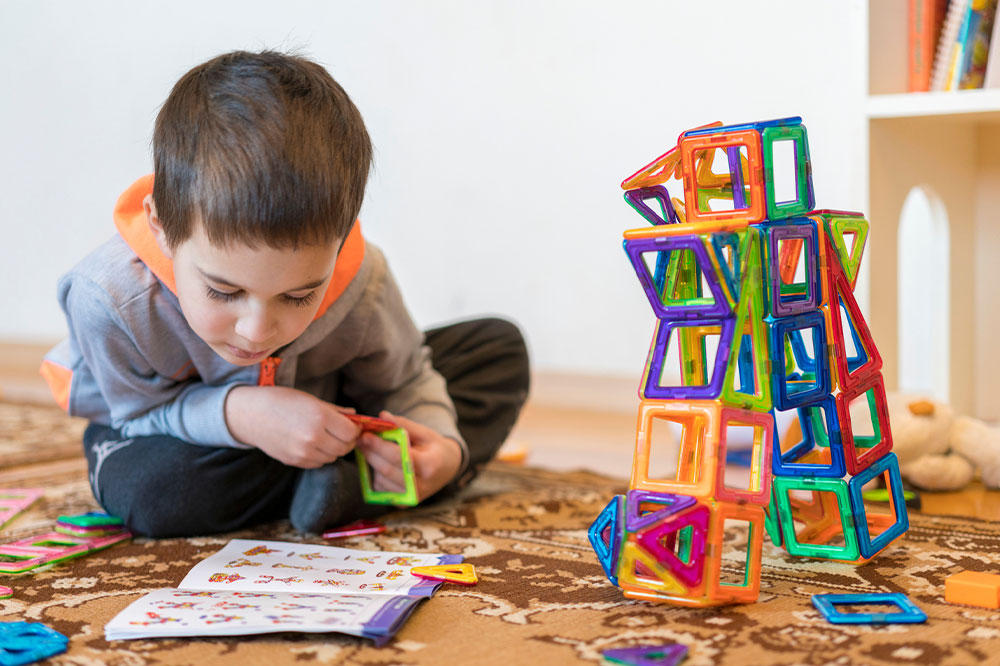Top 5 fun learning activities for kids

Raising kids is a hands-on activity. With short attention spans and a wide hunger to learn about the world, children are impressionable and, therefore, must be occupied with productive activities. As a parent or a guardian, it may sometimes feel impossible for you to come up with new tasks to keep your younglings busy. To help you out, here are five fun learning activities you can try to keep your kids engaged.
DIY Rainstorm
Help your kids create a DIY rainstorm in your home! All you need for this experiment is shaving cream, transparent glass with water, food coloring, and a dropper. Pour some water into the clear glass and add shaving cream to it. It will form a layer of ‘clouds’ over the water. Next, get your child to add the food coloring using a dropper on top of the mix, and watch as it goes through the clouds to create a little rainstorm inside your home. This activity can help improve children’s fine motor skills and prompt your children to think about what causes rain and how wind clouds form.
Book Bingo
Reading is one of the most rewarding activities for most children. Encourage your kid to pick up this habit for life by creating a Book Bingo, where they can earn a reward for completing books relevant to their age groups. In addition, it will help build their vocabulary and develop a healthy love for reading.
Learning the alphabets through photos
If you are looking for an activity that your kid can continue even outside the house, hand them a basic camera and ask them to take pictures of objects in their daily life, from the letters A to Z (such as apple, bat, cat, dog, etc.). It will encourage them to think and associate better while improving their vocabulary.
Classification game
Another brilliant way to keep your children busy and help them develop their association and motor skills is by indulging them in a classification game. Collect various objects from your home (such as fruits, coins, electronics, etc.) and lay them out in front of your child, or put them in a bag. Give your child clues about a specific object, such as “We use this object to make video calls and play games. Can you find it in the bag?” For younger children, you may need to repeat the clues or improvise them a few times before they get the answer right. Start with simple objects they may easily recognize, then move to more unique ones to help build your child’s thinking skills and keep them sharp.
Create personalized flipbooks
If you are constantly on the go and need something to keep your children occupied, try investing in personalized flipbooks. At just $25 per month, FlippingBook allows you to create three professional-looking books per month, with activities that you can personalize to your child’s tastes and interests. Another great site to get you started on the personalized book journey is BookBolt, which lets you create your flipbooks at just $10.
Keeping your kids occupied throughout the day may sound arduous, but it doesn’t need to be so. Make use of online resources at your disposal to keep them engaged, entertained, and motivated via learning through play.

